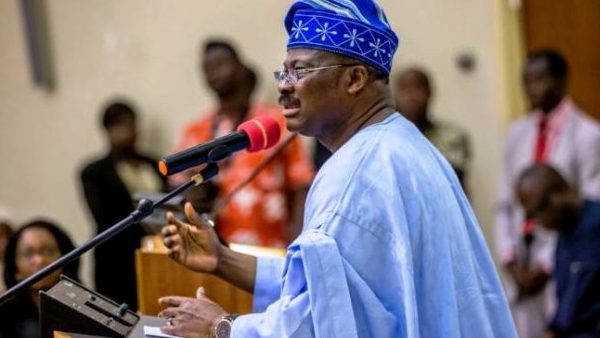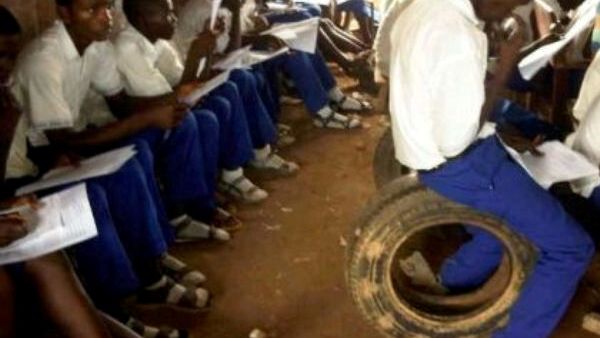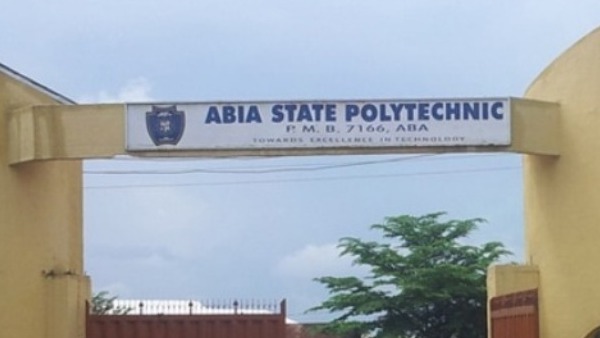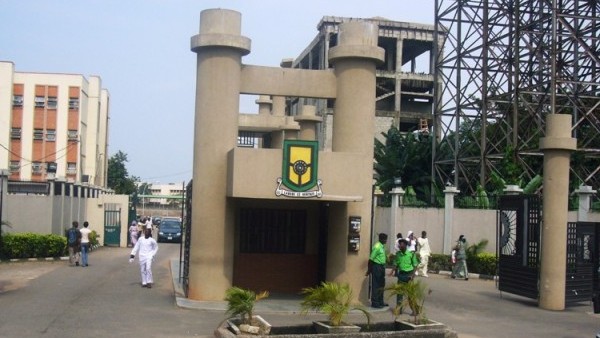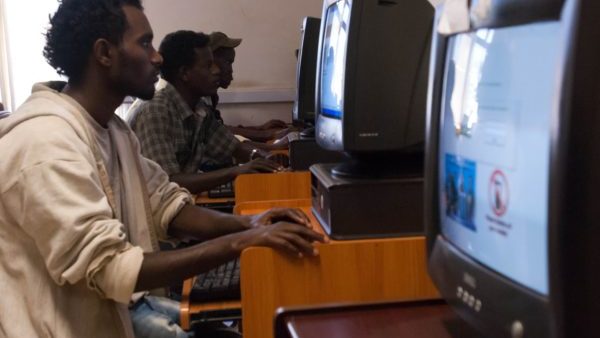Leading telecoms operator, Airtel Nigeria, has commissioned Yahaya Hamza Primary School, one of its newly adopted schools in Zaria, Kaduna State, in line with its commitment of providing opportunities to underprivileged children.
Governor of Kaduna State, Nasir El-Rufai, commended the telco for its role in the development of primary education across the country, during the commissioning ceremony, which held yesterday (27/9/17) in Zaria, Kaduna.
He thanked Airtel for adopting a school in the State and for its support to primary education in Nigeria.
According to him, with Airtel’s intervention, the new Yahaya Hamza Primary School has been transformed – complete with 6 blocks, 12 classrooms, desk and chairs, teachers’ offices, white boards, borehole facilities and toilets for male and female students as well as teachers. Students, today, also got complete set of uniforms, bags and books.
“I urge other stakeholders in corporate Nigeria to emulate Airtel by partnering with the Kaduna State government in supporting educational initiatives.”
The governor also expressed delight at Airtel’s choice of Yahaya Hamza primary school, noting that it signifies the preservation of the legacies of a great man, a teacher, a role model, a leader and an inspiration, Yahaya Hamza.
He also said that Airtel’s intervention is a gift that aligns with Kaduna State’s goal of developing primary, secondary and tertiary education.
“The Kaduna State Government thanks Airtel for offering its widow mite and contributions in our quest to revamp education in the State,” he said.
Also speaking at the occasion, Chief Executive Officer and Managing Director of Airtel Nigeria, Segun Ogunsanya, noted that good education is a human right, describing it as a ticket to prosperity since it creates a level field for everyone to succeed.
He further noted that Airtel’s adoption of schools is not a one-year wonder but a continuing partnership.
The CEO also used the occasion to request support for Sadiq Usman, a five year old boy whose eyes were removed by suspected ritualists last year.
“It is tragic and heart-breaking to see an innocent, vulnerable child suffer and go through such excruciating pains. I and My colleagues were deeply moved by Sadiq’s situation and generously supported the call to provide relief.
“Our support will not just end here, Sadiq is our adopted son and he will continue to be our priority and in our prayers. A child is a trust and every member of society has a responsibility towards children – this we must take seriously,” he said.
Yahaya Hamza primary school in Zaria, Kaduna State joins the five other Airtel adopted primary schools spread across Nigeria, namely Oremeji Primary School II, Ajegunle, Lagos; St. John’s Primary School, Oke-Agbo, Ijebu-Igbo, Ogun; Community Primary School, Amumara, Imo; Iyeru Okin Primary School, Ilara-Mokin, Kwara and Presbyterian Primary School, Ediba, Cross River State.
The commissioning ceremony was attended by several dignitaries including the Emir of Zazzau, Alhaji Shehu Idris and Zaria City representative at the State House of Assembly, Hon. Kasim Iliyasu, among others.

